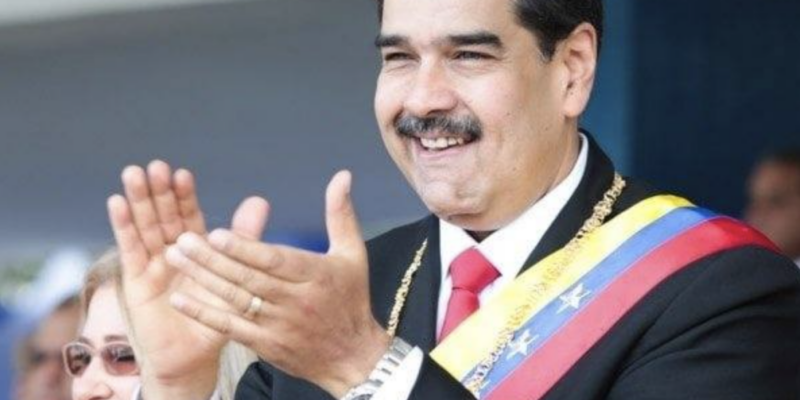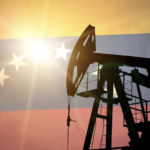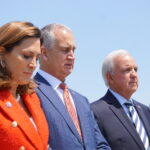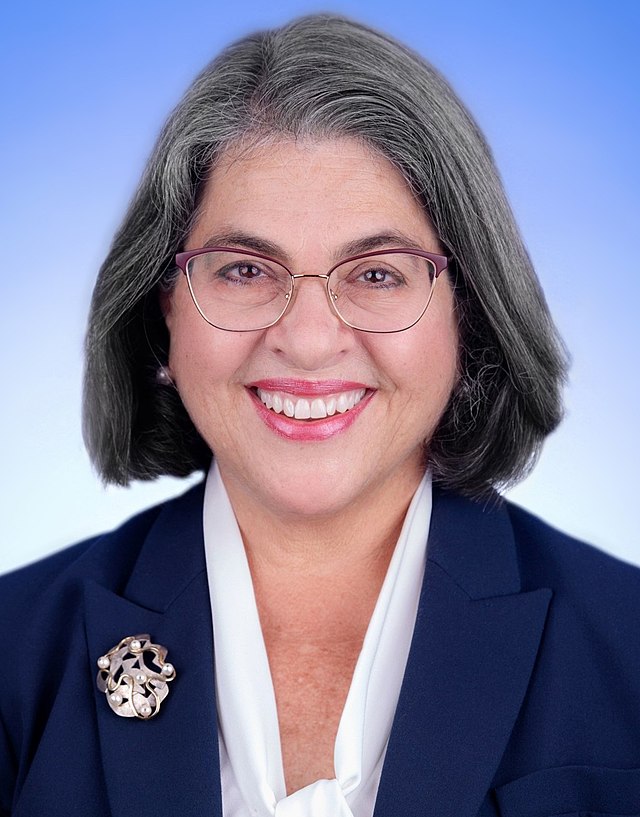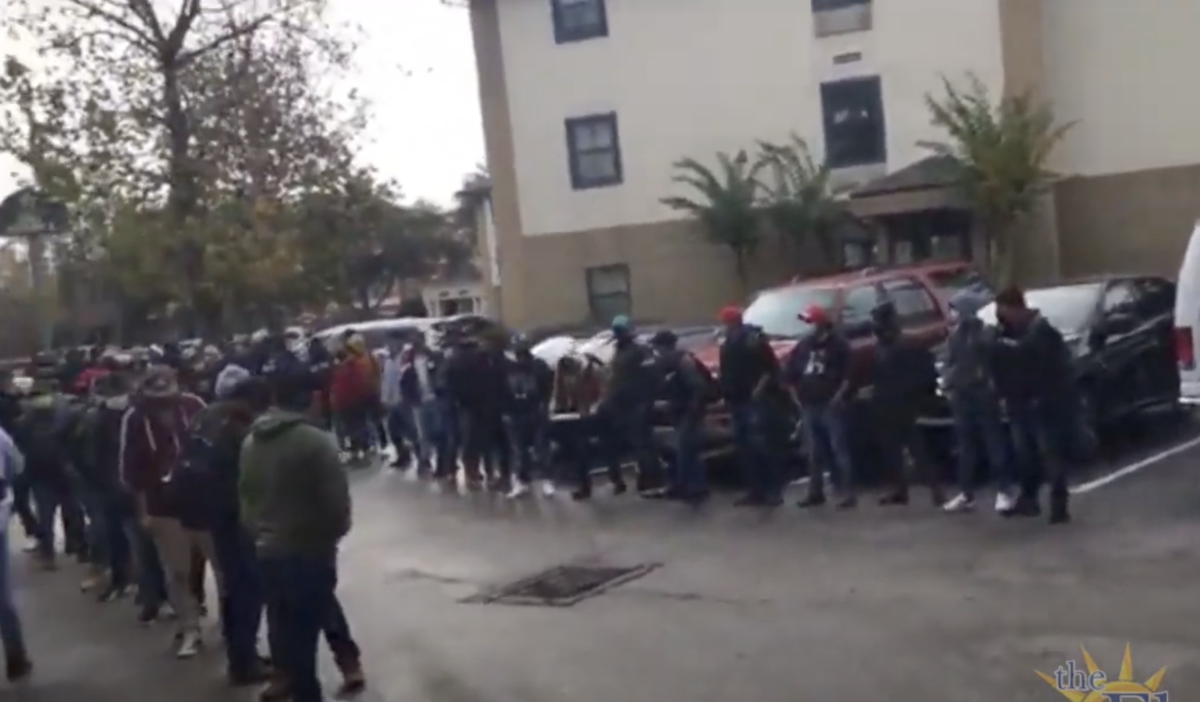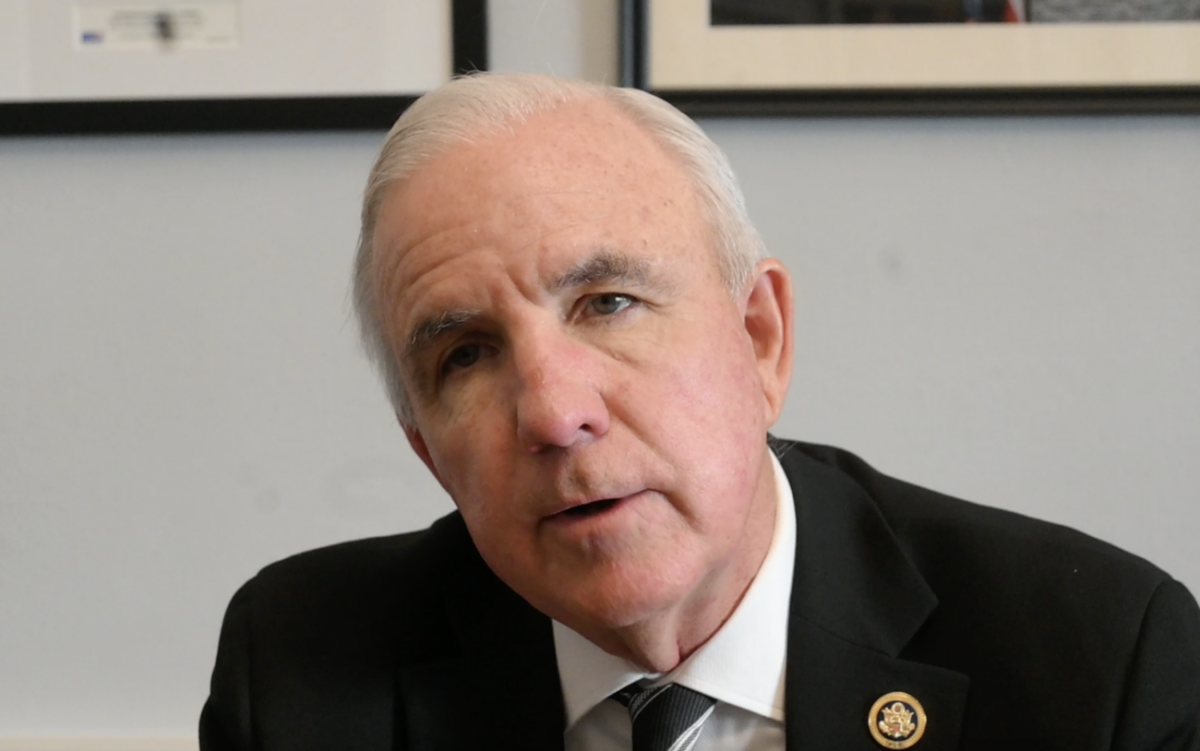In an era of extremely polarized politics in the U.S., a bipartisan approach to almost anything seems totally far-fetched. However, two former senior government advisors —Juan Cruz, a Republican who served under Trump, and Mark Feierstein, a Democrat who served under Obama, both as special assistant to the president and senior director for Western Hemisphere Affairs on the National Security Council —believe that Venezuela might offer the foremost opportunity for a successful bi-partisan approach, as the country readies for a presidential election next year.
Venezuela’s 2024 presidential elections are covered under a veil of hyper skepticism. Former interim president of Venezuela and leader of the opposition, Juan Guaido, recently reported that the Nicolas Maduro regime is planning to arrest him, trying to implicate him in the recent state-oil company, PDVSA’s, multi-billion dollar corruption probe. Many believe Maduro’s true intent is to eliminate any viable opposition candidate.
However, election prospects might be moving forward. Colombia’s Foreign Minister announced on April 13 that President Gustavo Petro will be hosting a meeting in Bogota to advance the dialogue between Maduro and the Opposition on April 23, where the main topic will be to advance negotiations for “establishing clear rules to conduct free elections in Venezuela” in 2024.
The Floridian spoke to one of the proponents of a bi-partisan approach to Venezuela, Mark Feierstein, about his assessment of the current economic and political conditions in Venezuela.
Feierstein believes that “both sides should be able to appreciate that the policies we (U.S.) have tried so far, have fallen short,” and that at this moment, it’s prudent that both interested parties “should take the lead of the Venezuelan people.”
He added, “the Venezuelan people want an election. Both parties should be ready to embrace the approach that the Venezuelan people have embraced,” said Feierstein, adding that “negotiations and elections” are potentially the solution to the crisis.
American lawmakers have appeared doubtful of any chance for change in Venezuela as long as Maduro is still in power. According to Feierstein, the members of Congress he has spoken to have expressed interested in his ideas for economic and political change in Venezuela.
Fierestein believes that lawmakers “should not dismiss an election in Venezuela as a hopeless endeavor.”
Florida Senator Marco Rubio, who in the past has received a credible death threat against him and has been an open critic of the Maduro regime, holds to his belief that a pathway to economic and humanitarian prosperity for Venezuelans begins with “free and fair elections.”
“The U.S.’s primordial role is to uphold the importance of free and fair elections in Venezuela, which cannot occur with a National Electoral Council that’s beholden to the Maduro narco-regime. U.S. policy towards Venezuela must remain firm in our posture against the criminal narco-regime that has taken Venezuela’s democratic institutions hostage,” stated Sen. Rubio in response to The Floridian’s request for comment. “Amid the on-going humanitarian crisis in Venezuela, the Biden Administration must continue to enforce U.S. law, to address Maduro’s man-made crisis.”
On the topic of general sanctions, Fierestein said that “sanctions have been an incentive for the regime to go the negotiating table,” adding however, that they have also “taken a toll on the Venezuelan economy.”
A recent article in the Georgetown Security Studies Review, analyzes several reports that shed light on the unintended consequences of economic sanctions on the Venezuelan people: “Reports from the Washington Office on Latin America, the UN Special Rapporteur on unilateral coercive measures and human rights, the Fourth Freedom Forum, and the United States Government Accountability Office have found that sanctions are exacerbating pre-existing economic difficulties by lowering oil production (Venezuela’s main revenue stream), reducing access to key goods and services such as electricity, water, fuel, gas, food, and medicine and reducing the availability of foreign currency needed to import goods.”
For his part, Fierestein said that he believes that U.S. Congress would support implementing the humanitarian agreement that was reached between Maduro and the opposition, where billions of dollars in frozen assets would be directed to the United Nations for disbursement.
However, “first and foremost, this all depends on the regime,” said Fierestein, who adds that in order to “enact economic reform,” the regime must show good faith.
Fieirstein argues that while the international community can make a huge contribution to help the Venezuelan people confront the humanitarian and economic crisis, it’s the private sector that is in position to take on the most critical and decisive role.
Fierestein believes that “companies are prepared and eager to invest in Venezuela,” adding, “depending upon a favorable economic environment, it is in the interest of the regime to take steps that will allow the U.S. to lift sanctions, and that allows foreign companies to invest in Venezuela.”
Rep. Mario Diaz-Balart, in a statement to The Floridian, affirmed that the U.S. must continue to “maintain strong outreach and solidarity with the Venezuelan people, particularly those forced to flee, and the opposition struggling for freedom. The UN estimates that more than 7 million Venezuelans have fled the country. From fiscal years 2017 to 2022, the U.S. has provided nearly $2 billion in humanitarian assistance to the Venezuelan people, both for those in the country and also to the countries sheltering them.” He also added, “we must continue to support the Venezuelan people as they attempt to restore the democratic institutions that years of the Chávez and Maduro legacy have destroyed and dismantled. Venezuela has the most known petroleum reserves in the world, and yet the corrupt, criminal Chávez-Maduro regime has managed to plunge that once stable and prosperous country into destitution and desperation. The Venezuelan people will rebuild and restore, and the U.S. stands with them.”

